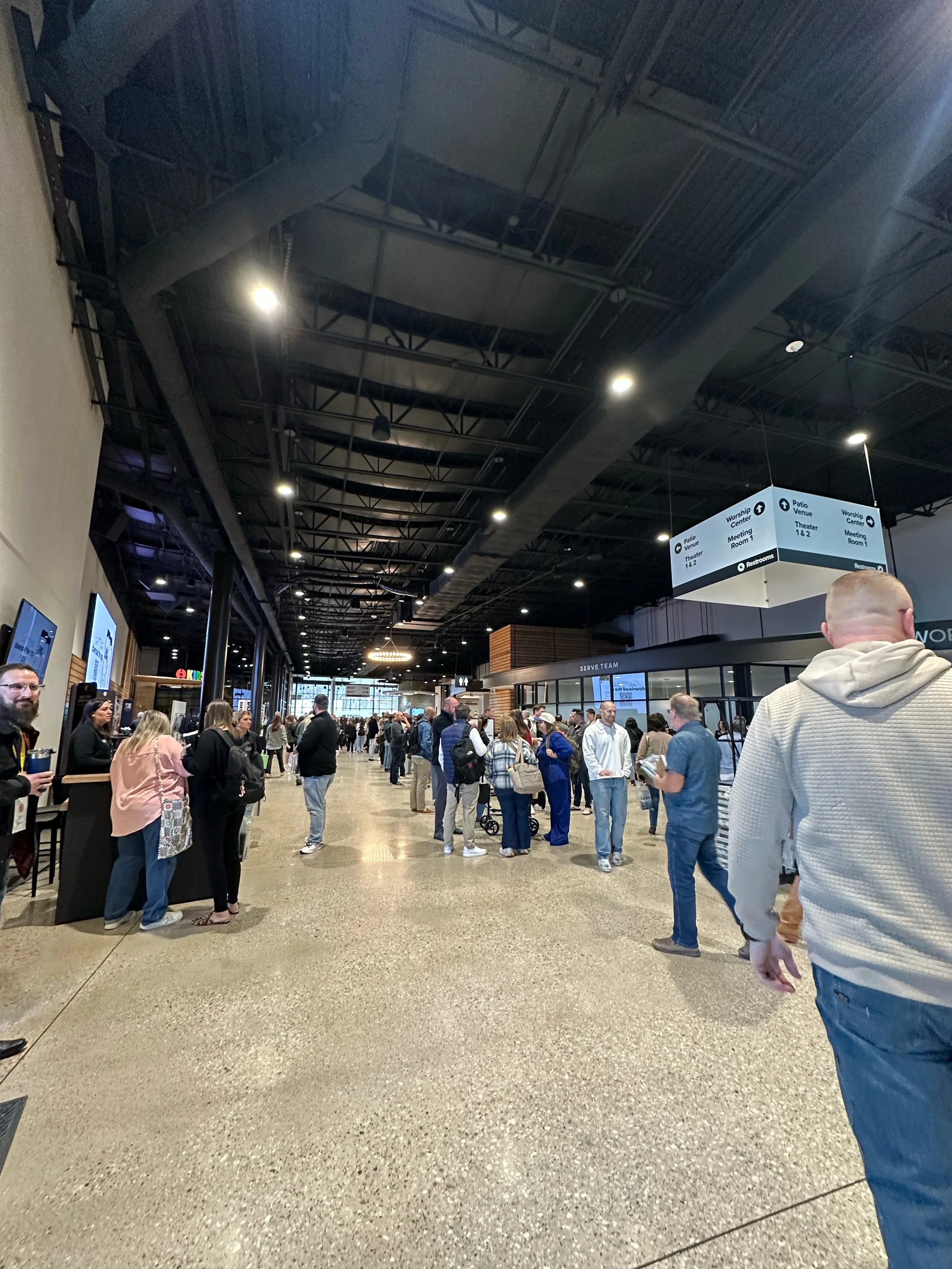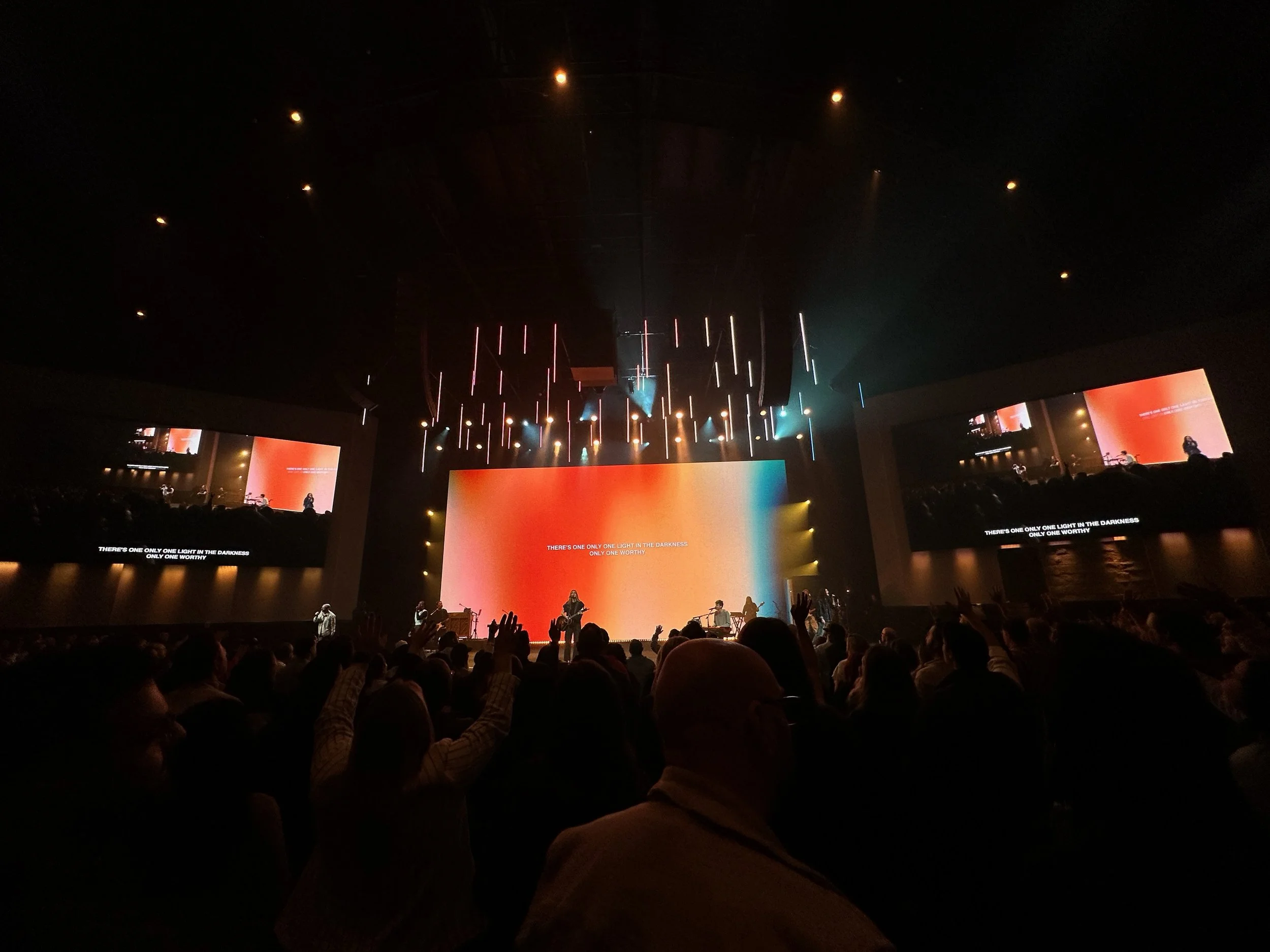Many Christians began this year with a Bible reading plan—a worthwhile commitment and habit.
But whether you have or not, the first question is “Why?” Why spend part of each day (or at least 4 days each week) reading the Bible?
I wanted to share some reasons why I do this, followed by the heart behind it.
(1) Spending time listening to God (aka. reading or listening to the Bible), leads to true happiness and prosperity:
Psalm 1:1–3 (CSB) 1 How happy is the one who does not walk in the advice of the wicked or stand in the pathway with sinners or sit in the company of mockers! 2 Instead, his delight is in the Lord’s instruction, and he meditates on it day and night. 3 He is like a tree planted beside flowing streams that bears its fruit in its season, and its leaf does not wither. Whatever he does prospers.
(2) The greatest commandment God ever gave was followed by the instruction to keep His Word (the Bible) in our hearts:
Deuteronomy 6:4–6 (CSB) 4 “Listen, Israel: The Lord our God, the Lord is one. 5 Love the Lord your God with all your heart, with all your soul, and with all your strength. 6 These words that I am giving you today are to be in your heart.
(3) Joshua was instructed to meditate on God’s law continually so he could “prosper and succeed.”
Joshua 1:8 (CSB) 8 This book of instruction must not depart from your mouth; you are to meditate on it day and night so that you may carefully observe everything written in it. For then you will prosper and succeed in whatever you do.
(4) Jesus taught that people cannot “live on bread alone, but on every word that comes from the mouth of God.”
Matthew 4:4 (CSB) 4 He answered, “It is written: Man must not live on bread alone but on every word that comes from the mouth of God.”
(5) Peter taught that Christians should desire Scripture “like newborn infants” desiring milk, so they may grow into salvation:
1 Peter 2:2 (CSB) 2 Like newborn infants, desire the pure milk of the word, so that by it you may grow up into your salvation,
Nature and creation teach us that what you feed grows, and what you starve dies. God’s design—understood by His Word—is simple: If you want your soul, heart, and mind to grow, feed it God’s Word. If you want your relationship with God to grow, you have to spend time reading/listening to what He has said to us.
But here’s the catch—it can’t simply be a discipline like exercise or study. It has to be a relational time of connecting with God.
As a disciple, I want the following commitment to be true for me in 2026: “Whether reading the Bible or listening to it, I desire to hear from my Heavenly Father. So I read Scripture daily. I care about what God has said, and I need His direction in my life. I listen to Him because I trust Him and love Him. He alone knows what is best. I know that He is good and true, will never lie, and will never fail to do what He says (Numbers 23:19, Hebrews 6:18). He will never lead me astray or tempt me to sin (James 1:13–18).”
If you aren’t already, would you join me in reading God’s Word at least 4 days each week? I’m not saying you have to read the whole Bible in one year, although that is a fine plan. For some, you need to take time really soaking it in and learning from it.
Here’s a simple outline for reading:
Plan: Read God’s Word at least 4 days each week. Consider what you will read, when you will read, and where you will read. Each person will have a unique plan that best fits their personality and schedule. If you’re failing to plan, you’re planning to fail.
Pray before you read: “Father, I want to spend time with You and hear from You. Jesus, I want to sit at your feet. Holy Spirit, help to understand and apply Your truth.”
Psalm 119:18 (CSB) “Open my eyes so that I may contemplate wondrous things from your instruction.”
Use the REAP method while reading: Read, Examine (highlight words or phrases that catch your attention; lookup words and their meaning), Apply (how is God wanting me to apply this truth to my life?), Pray (with gratitude and humility, ask for wisdom and strength to grow in the grace and knowledge of Christ).
Don’t forget, the Bible was written to give us Hope & Encouragement:
Romans 15:4 (CSB) 4 For whatever was written in the past was written for our instruction, so that we may have hope through endurance and through the encouragement from the Scriptures.
It leads to Transformation & Power:
Scripture is profitable for teaching, rebuking, correcting, and training in righteousness, equipping believers for every good work (2 Timothy 3:16–17).
God’s word is “living and effective and sharper than any double-edged sword, penetrating as far as the separation of soul and spirit, joints and marrow. It is able to judge the thoughts and intentions of the heart” (Hebrews 4:12). God’s Word cuts through the noise and outer shell. It cuts through the excuses and gets to the heart of the matter. It truly reveals and identifies the thoughts and intentions of our hearts.
Treasuring God’s Word in your heart protects you against sin (Psalm 119:11).
It brings Illumination & Blessing:
God’s Word serves as “a lamp for my feet and a light on my path” (Psalm 119:105). The revelation of God’s words “brings light and gives understanding to the inexperienced” (Psalm 119:130). Those who “hear the word of God and keep it” are blessed (Luke 11:28).
I hope you’ll join me in reading the Bible this year on a regular basis. It is definitely worth your time.
Pastor Jack









